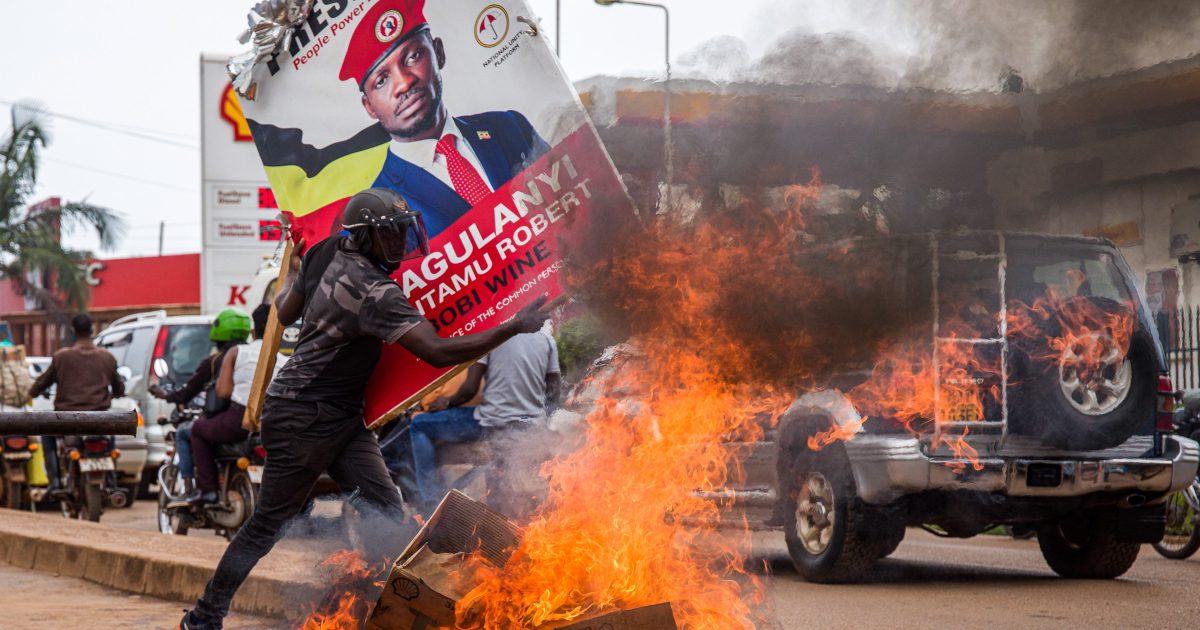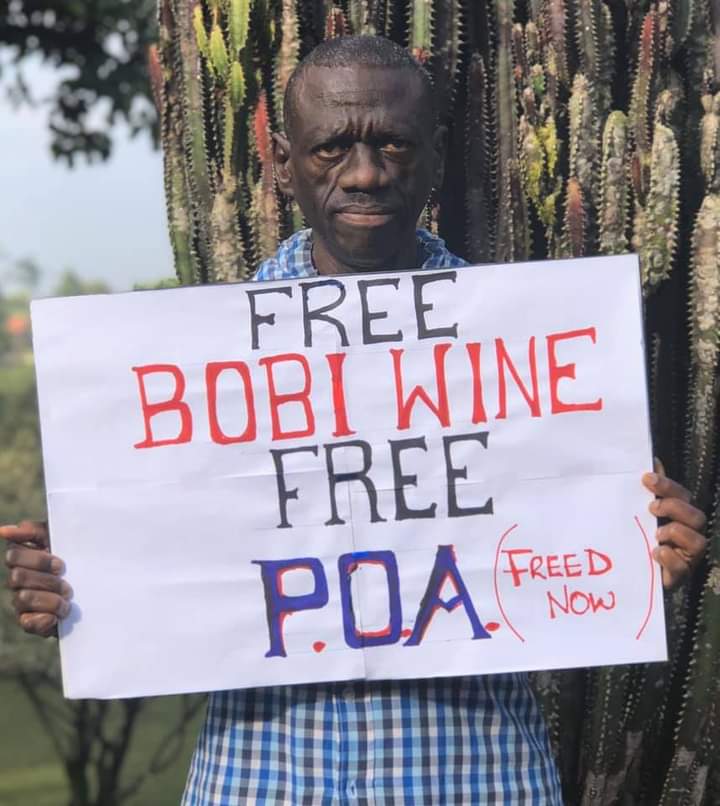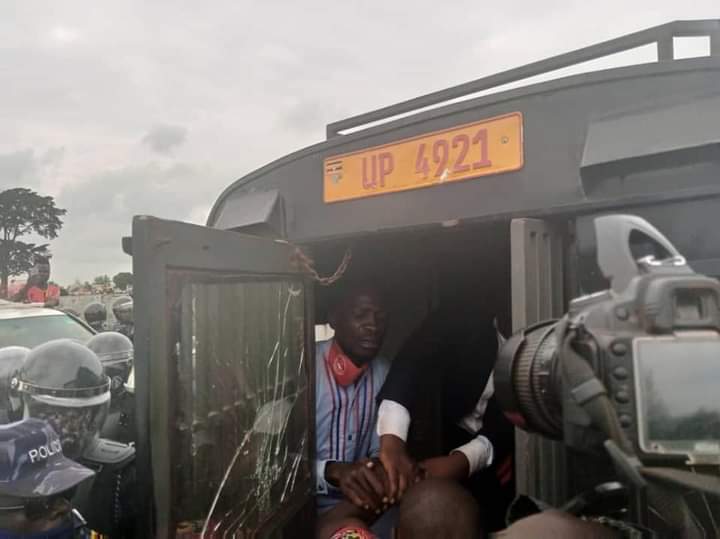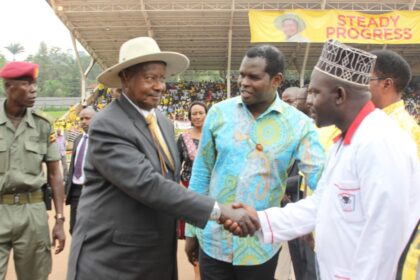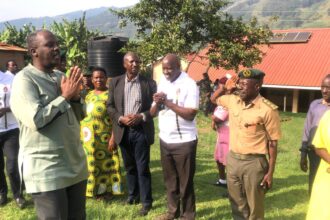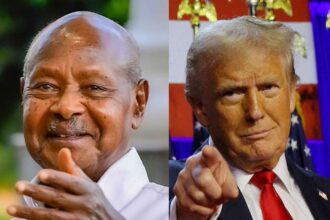A few weeks back, a family friend and a former housemaid at one of my relatives was rounded up during an operation in Kiyembe. She was one of the few tailors that had taken the risk of making costumes for NUP/People Power. By the time I got to know about her arrest, she’d already been sent to Kitalya Prison. All her sewing machines were taken. This is a woman who was hustling her way through the city. As and when she returns, she will come back to zero. No business to return to, and will once again have to look for a job as a maid. Her only crime was choosing to do business with the ‘forbidden’ group.
Today one of the trending hashtags was about stopping hooliganism. There was that class of people that saw today’s riots as hooliganism that should be quashed with whatever means possible. And that’s how we all so often miss the point.
We never take time to understand the problems of the day. We keep sharing videos just to make the case for our sides. So friends kept sharing the video of people being forced to undress. Those being forced to chant people power slogans. Those whose cars were pelted with stones. But we didn’t take time to ask ourselves; what are we missing from this story?
Some rushed to conclude that “Bobi Wine is a powerful force.” That could be true. But far more powerful is Bobi Wine the idea, the social forces for which he is the face. The Face of the unheard, the face of the oppressed. So you could kill Bobi the person today and you will still have Bobi the idea. The idea that every person from whatever walk of life deserves an equal say and an equal shot of opportunity in their country. The idea that everyone should be heard. The idea of a country that works for everyone.
That brings me to today’s violence. We are quick to always condemn the oppressed whenever they turn violent. But we do forget that sometimes there is no more voice left for the oppressed than to be violent. When the oppressor takes out every Avenue, when you can’t be heard, your last shot is to fight in whatever way possible with whatever tools available at your disposal.
Although the violence is regrettable. We should all consider it as a cry to be heard. The oppressed are saying to their oppressors; “can you please hear me out?”
It was Martin Luther King Jnr who argued that a riot was the language of the unheard. First you ban the berets of these people. You now deny them the right to congregate while your teams continue to do drives through towns.
The question is; “at what point is the oppressor going to listen?”
I am not condoning violence. I am asking each and everyone of us, to use this violence as a compass. To use this violence to listen. When all avenues for speaking out are blocked, what do you expect of the oppressed?
When someone is being raped, what do you expect of them? To write a letter to their tormenter? Or to kick back and find an escape?
The oppressor cannot set the rules for how the oppressed fights back. Assata Shakur wrote; “Nobody in the world, nobody in history, has ever gotten their freedom by appealing to the moral sense of the people who were oppressing them.”
Let me confess that I do not have the answers. I have been wondering to myself. What should we expect of a man for whom all outlets have been cutoff? What tools are available for the oppressed to liberate themselves?
Instead, I am reminded of Nelson Mandela’s defense in 1964 as he was being tried for treason and use of violence to fight apartheid. He told the judge; “This conclusion, My Lord, was not easily arrived at. It was when … all channels of peaceful protest had been barred to us, that the decision was made to embark on violent forms of struggle.”
We must have the humility to interrogate the violence without judging it. In there, we could find one simple request from the oppressed to their oppressors; “please listen to us. Please hear us out.”
Do you have a story in your community or an opinion to share with us: Email us at Submit an Article



